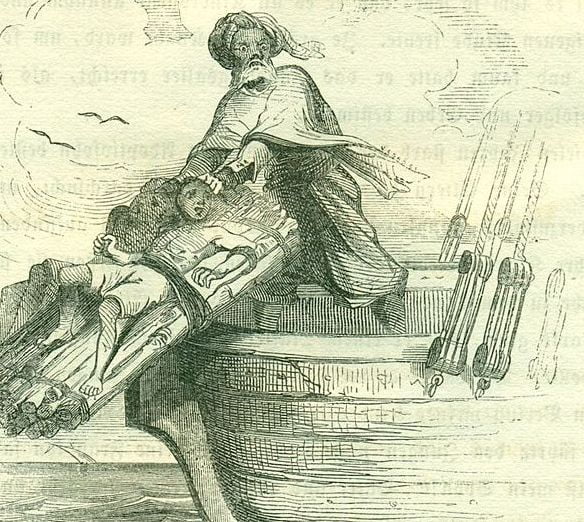VIII When he arrived he found the church in a very perturbed condition, and did not even have a short period of relaxation. But as he was a true apostle of the church, and now found it vexed by the teachings of Italus, although he was anxious to march against Bryennius (the Frank who had taken Castoria, as we have said) yet even under these circumstances he did not neglect his faith. For at this time the doctrines of Italus had obtained a great vogue and were upsetting the church.
Now this Italus (for it is necessary to give his history from the beginning) was a native of Italy and had spent a considerable time in Sicily; this is an island situated near Italy. For the Sicilians had rebelled against the Roman rule and were preparing for war against them and invited the Italians to join them; amongst those w1lo came was the father of Italus who brought his son with him, although he was not of military age, and the boy accompanied and tripped along with him and received a military education, as is the custom of the Italians.
That is how Italus spent the early years of his life, and that was the first foundation of his education. When the famous George Maniaces during the reign of Monomachus mastered and subdued Sicily, the father of Italus with his child only escaped with difficulty and betook themselves in their flight to Lombardy which was still under the Romans. From there (I do not know how) this Italus came to Constantinople, which was not ill supplied with teachers of every subject and of the art of language.
Basil Porphyrogenitus down to the Emperor Monomachus
For from the time of Basil Porphyrogenitus down to the Emperor Monomachus, the study of letters, although neglected by the many, had nevertheless not entirely died out; it blazed up again and revived and was seriously pursued by the lovers of letters in the reign of the Emperor Alexius. Before that time men for the most part lived luxuriously and amused themselves, and due to their effeminacy they busied themselves with quail-hunting and other more disgraceful pastimes, and treated letters, and in fact any training in arts, as a secondary consideration.
Therefore when Italus found the majority of this character he consorted with the scholars, gloomy men of uncouth habits (for such were to be found in the capital even then) and after he had gained an education in letters from them he later associated with the renowned Michael Psellus.
Read More about The Peasant`s Will part 3








